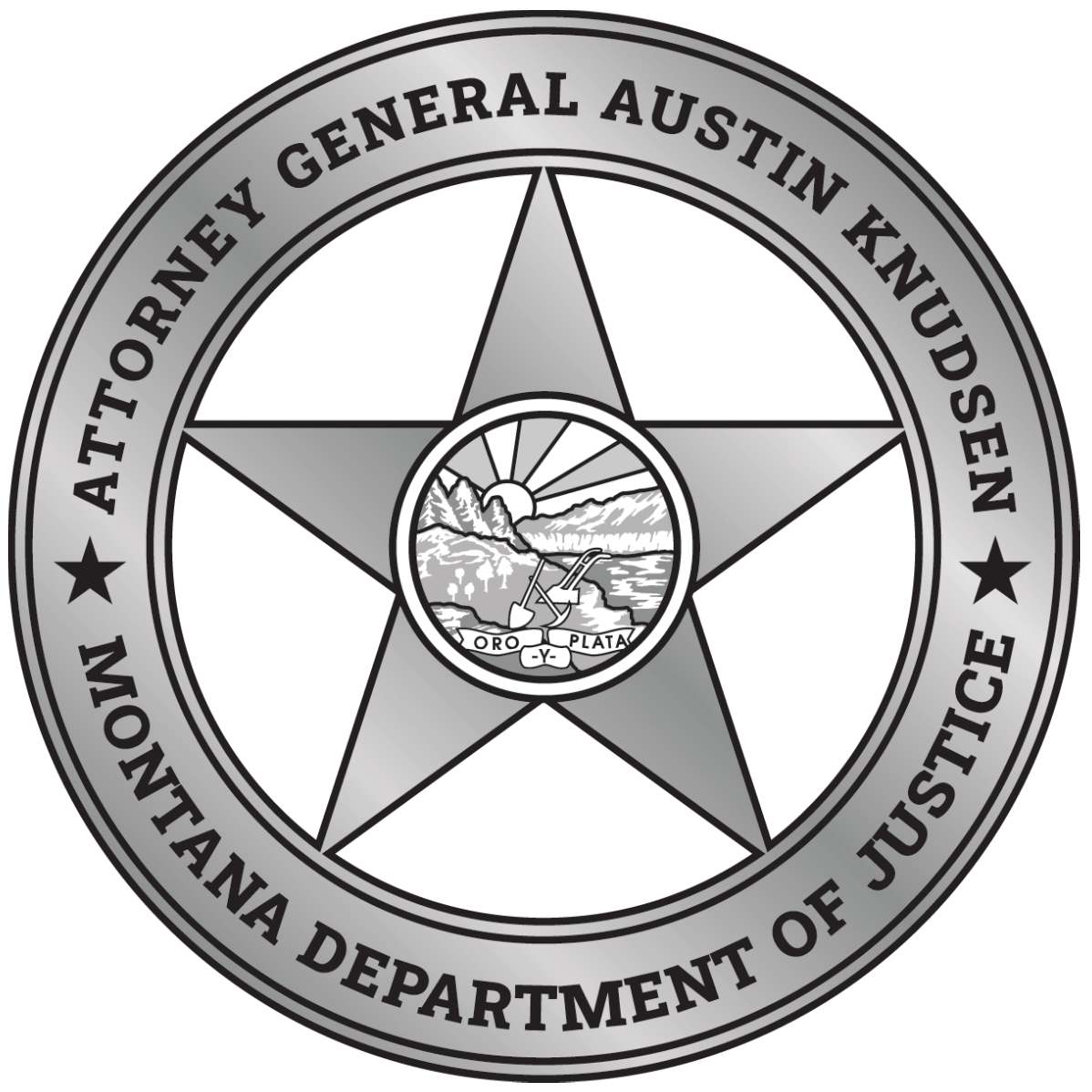Confidentiality

The information obtained from a rape exam can be divided into two categories — medical information and criminal justice information. If a rape victim chooses not to report the crime at the time of the rape exam, the information obtained during the exam is classified as medical information. The privacy of medical information is protected by federal and state law. Once a rape victim decides to report the crime the information becomes confidential criminal justice information and is protected by a different set of state privacy laws:
- 42 U.S.C. 1320d. Health Insurance Portability and Accountability Act of 1996 (HIPAA) is the federal law covering medical information et seq. deals with insurance information and privacy protection.
- MCA 50-16-101 et. seq. deals with health care information.
- MCA 44-5-103(3) provides the definition of confidential criminal justice information.
- MCA 44-5-303 describes how confidential criminal justice information is disseminated.
- MCA 44-5-311 limits disclosure of the identity of victims of sexual assault, sexual intercourse without consent, incest or indecent exposure.
Mandatory Reporting
Montana law requires healthcare providers to notify law enforcement in certain cases involving possible criminal activity. The following statutes describe situations that require mandatory reporting:
- MCA 37-2-302 requires reporting of cases involving suspected gunshot or stab wounds.
- MCA 37-2-303 provides healthcare professionals immunity from liability when reporting suspected gunshot or stab wounds.
- MCA 41-3-201 requires reporting of cases involving suspected child abuse.
- MCA 52-3-811 requires reporting of cases involving suspected abuse of the elderly or the developmentally disabled.
NOTE:Outside of the special circumstances listed above, cases involving sexual assault and sexual intercourse without consent DO NOT require mandatory reporting. Victims of these crimes should be strongly encouraged to report the incident to law enforcement, but ultimately it is their decision to make. Find out more about options for victims who are undecided or choose not to report at the time of the rape exam.
Statutes and Definitions
The term “rape” is not used in the Montana Code Annotated (MCA). Instead, the crimes usually thought of as rape are divided into the crimes of “sexual assault” and “sexual intercourse without consent.”
- MCA 45-5-502 describes the crime of sexual assault. Sexual assault requires “sexual contact.”
- MCA 45-2-101 (67) defines the term “sexual contact.”
- MCA 45-5-503 describes the crime of sexual intercourse without consent (SIWC). SIWC requires “sexual intercourse.”
- MCA 45-2-101 (68a) defines the term “sexual intercourse.”
- MCA 45-5-501 defines the term “without consent.”
- MCA 45-5-507 describes the crime of incest.
Sexual Offense Statutes
- MCA 45-5-511 relates to sex crimes, mainly in the realm of limiting certain defenses that may be offered by the defendant. For instance, this section contains Montana’s “rape shield” law that limits the use of the victim’s sexual past in court.
- MCA 26-1-812 protects the communications between a rape victim and an advocate. Advocates cannot be forced to divulge privileged information without the victim’s consent. Healthcare providers are not considered advocates, unless they are an employee or volunteer of a domestic violence shelter, crisis line or victim services provider.
Victim Compensation
The state of Montana is committed to the policy that rape victims should not have to pay for the cost of forensic rape exams (MCA 46-15-411). See Rape Exam Payment for information about state programs that provide payment to cover the cost of rape exams.


